 Blood tests during pregnancy | Pregnancy Birth and Baby
Blood tests during pregnancy | Pregnancy Birth and Babyprenatal tests that are important for your health and the health of your unborn baby. Here's what to expect.
"Take good care of yourself during the most important is the way to have," said E. Charles Lampley, MD, assistant professor at the Chicago Medical School and ob-gyn at Mount Sinai Hospital in Chicago.
There are a number of prenatal tests you will go through while you're pregnant, but you will take the first test is the one that will tell you whether you're actually pregnant in the first place. "To get off to a healthy start, it is important to know that you are going to have a baby as early in pregnancy as possible," Lampley said. If you have a regular period and you lose one, it's a good sign enough (though not a very easy). Another indication, he said, was whether you think you are pregnant. "This is a life-changing event, and psychological parts can clue you."
If you think you are pregnant, have your hunch was confirmed by tests at the doctor's office or health clinic, Lampley said. You can use the test drug store first, but he warned that this is only about 75% accurate. Testing is done in the doctor's office almost 100% accurate
Once you know for sure that you are pregnant, schedule regular appointments -. Even if you feel fine. "Unless there are risk factors, you will see you once a month for the first 28-32 weeks," Lampley said. "Women who develop or during pregnancy, or who have a history of labor before 37 weeks, should see a doctor more often."
According to Boris Petrikovsky, MD, PhD, chair of the department of obstetrics and gynecology at Nassau University Medical Center in East Meadow, NY, and author of What Unborn Baby Wants You know, the first prenatal visit you will include tests to determine your blood type; your iron levels to see if you are anemic; Your level of the check; and your Rh factor (if your blood is Rh negative and the father is Rh positive, may inherit the father's Rh-positive blood, which can cause your body to the make antibodies that will hurt the fetus). You also will be tested for, and, as well as whether you're immune to (), because it's down with the disease during pregnancy, especially in the first three months, can cause
A - - if it has not been done recently - will be carried out to test for the beginning and the like and, while urine specimen will be taken to check. A check will also screen for, which can interfere with the blood supply to the placenta.
This test every routine and performed at every pregnant woman, Petrikovsky said.
The next set of prenatal tests will be carried out between 8-18 weeks of pregnancy, Petrikovsky said, and will include screening, which can help you determine more accurately, and also look for abnormalities in the fetus. During this time, the doctor will also perform other blood tests (known as the triple screen or quad screen) that will measure the levels of alpha-fetoprotein, estriol, hCG (), and inhibin, which can show whether the fetus at risk for disorders like or. Newer blood tests, PAPPA (pregnancy-associated plasma protein A), carried out during weeks 10-14 of pregnancy and is used in conjunction with ultrasound screening, is a good choice for women who are at risk with chromosomal abnormalities, said Petrikovsky.
Depending on the results of blood tests, maternal age (age 35 and above), or a family history of mother-to-be, your doctor may then recommend tests prenatal Furthermore, as (CVS) or, that both detects syndrome down or other abnormalities. CVS, which is usually performed between 10-12 weeks of pregnancy, can be done either by passing a thin tube from the inside to remove a sample of tissue from the chorionic villi (which form the placenta), or by inserting a needle through the abdominal wall to obtain a tissue sample. , Which was conducted between 16-18 weeks of pregnancy, involves inserting a needle through the abdominal wall into the uterus, remove some. Both CVS and amniocentesis carries a small risk.
Between 24-28 weeks, you will be screened again for diabetes (some women suffer from pregnancy-related diabetes, known as, that usually disappears after the baby is born), and Rh-negative patients will be checked for Rh antibodies (which can be treated through a series injections), said Petrikovsky.
At the end of pregnancy, between weeks 32-36, you may be retested for syphilis and gonorrhea, as well as for group B strep (), a bacterium that can cause or blood infection in infants; if you test positive for GBS, you will be given over to minimize the risk of transmitting the bacteria to you.
While this is all routine tests, there may be a test of prenatal else that your gynecologist will recommend, depending on the background of race or ethnicity or family history of medical, says Vivian Weinblatt, MS, CGC, regional manager of the service genetically for Genzyme Genetics in Philadelphia and former president of the National Society of genetic Counselors.
In certain populations, for example, are at risk for certain diseases, Weinblatt explained. Ashkenazi Jews (those of Eastern European descent) as well as French Canadian and Cajun high risk for Tay-Sachs, debilitating neurological disease that usually results in the premature death of a child. Because of the increased use of screening tests to determine whether the parents-to-be is a carrier of Tay-Sachs are becoming more common in the 1970s, the incidence of the disease has dropped dramatically, said Weinblatt.
Weinblatt said other diseases specific to the Jewish population and can be screened with blood or tissue sample is; mucolipidosis type 4; Niemann-Pick disease type A; type C; ; dysautonomia family; and.
African, African American, Southern Europe, and Asia are at a higher risk for blood-related diseases such as and thalassemia, Weinblatt said.
If you have a family history of diseases like ,, or, you may also want to consult with a genetic counselor, Weinblatt suggest. "A genetic counselor can not treat you or your unborn child, but he can tell you what your risk factors can affect your pregnancy
." When you know ahead of time - even if you know that you and your partner are carriers of certain diseases - you can prepare yourself emotionally, you can find the right doctor, etc. You will have a greater feeling of control when you know what to look for "<, / p>
But many tests prenatal you have, try not to be too worried. Remember, said Lampley, that" most children who are not yet born normal, as long as the mother has been taking care of himself and son. "
SOURCE: E. Charles Lampley, MD, assistant professor, Chicago Medical Schools, ob-gyn, Mount Sinai Hospital, Chicago. Petrikovsky Boris, MD, PhD, chairman, department of obstetrics-gynecology, Nassau University Medical Center, East Meadow, N.Y. Vivian J. Weinblatt, MS, CGS, regional manager, genetic services, Genzyme Genetics
Pagination
© 2005 -. 2019 WebMD LLC. OF.
WebMD does not provide medical advice, diagnosis or treatment.
 Blood Tests During Pregnancy - Making Sure Mom & Baby are Okay
Blood Tests During Pregnancy - Making Sure Mom & Baby are Okay Blood tests in pregnancy - MadeForMums
Blood tests in pregnancy - MadeForMums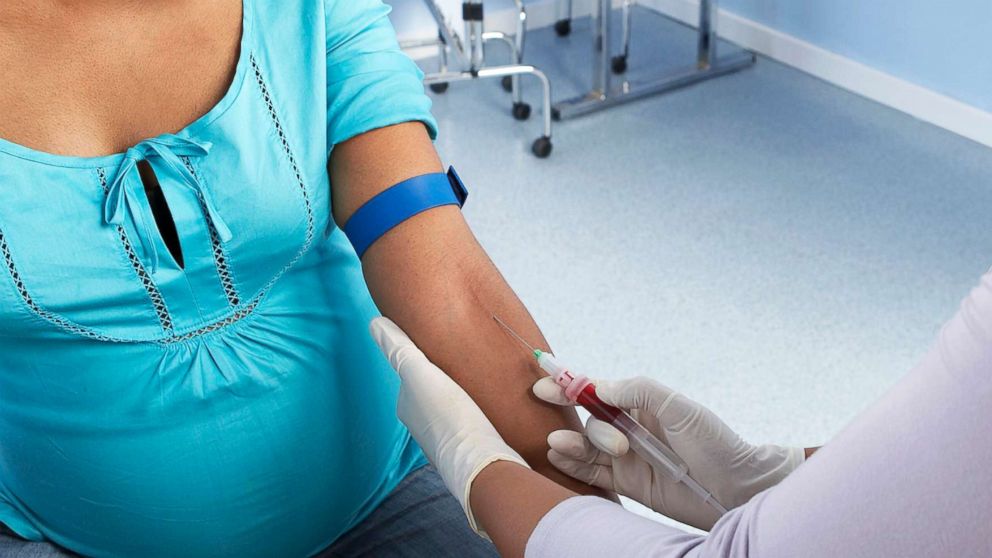 A blood test could give a more exact baby due date, improve ...
A blood test could give a more exact baby due date, improve ... Blood Test for Pregnant Women Can Predict Premature Birth, Study ...
Blood Test for Pregnant Women Can Predict Premature Birth, Study ... A blood test could give a more exact baby due date, improve ...
A blood test could give a more exact baby due date, improve ... Pregnancy Test: Home & Blood Test Results, Accuracy & Timing
Pregnancy Test: Home & Blood Test Results, Accuracy & Timing Help! Negative blood test, Positive Home pregnancy test - October ...
Help! Negative blood test, Positive Home pregnancy test - October ... Rh Factor Pregnancy Testing - What is Rh Factor In Blood?
Rh Factor Pregnancy Testing - What is Rh Factor In Blood? Rhesus D negative in pregnancy | Pregnancy Birth and Baby
Rhesus D negative in pregnancy | Pregnancy Birth and Baby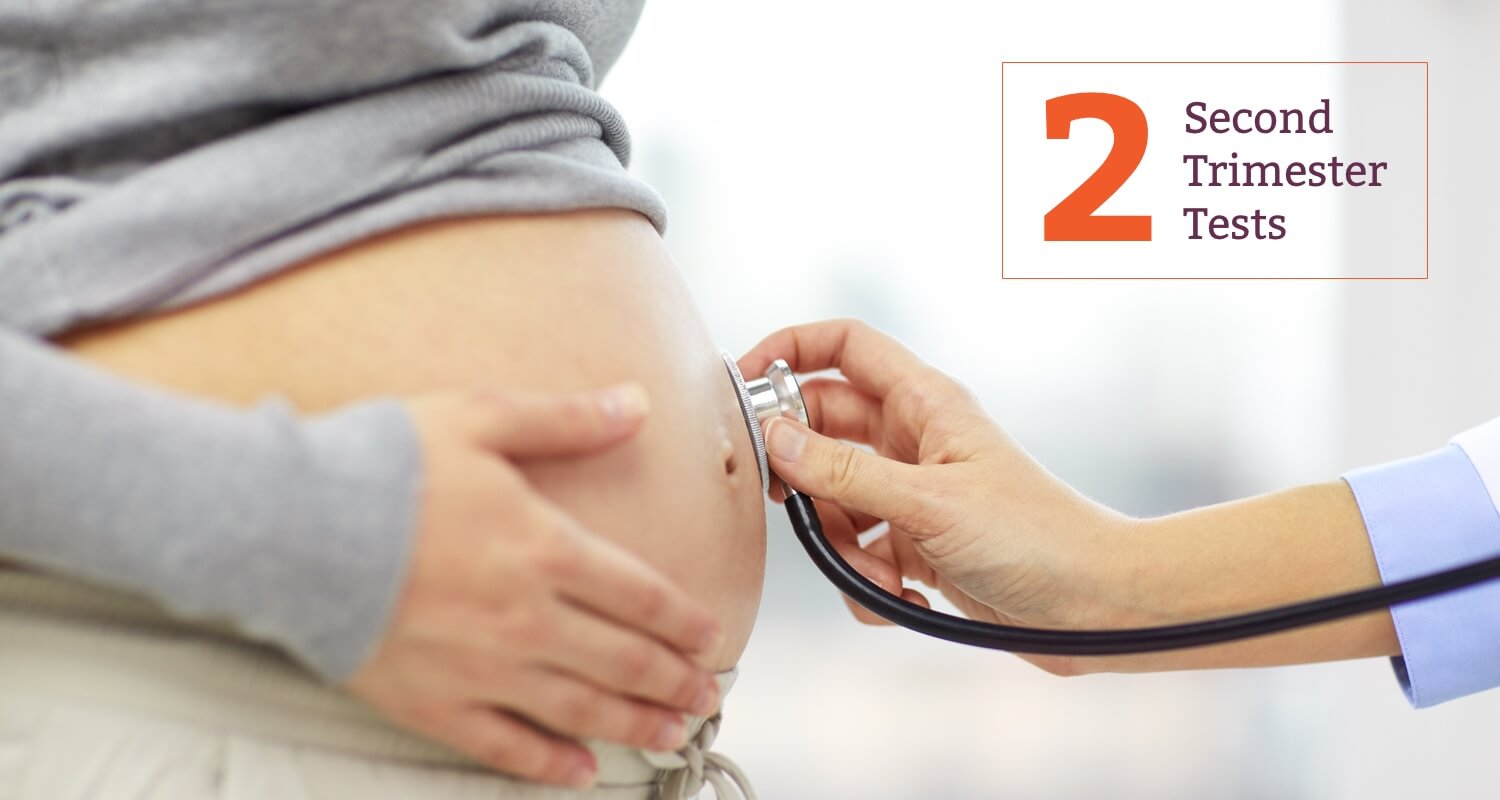 Second Trimester Tests During Pregnancy | Mama Natural
Second Trimester Tests During Pregnancy | Mama Natural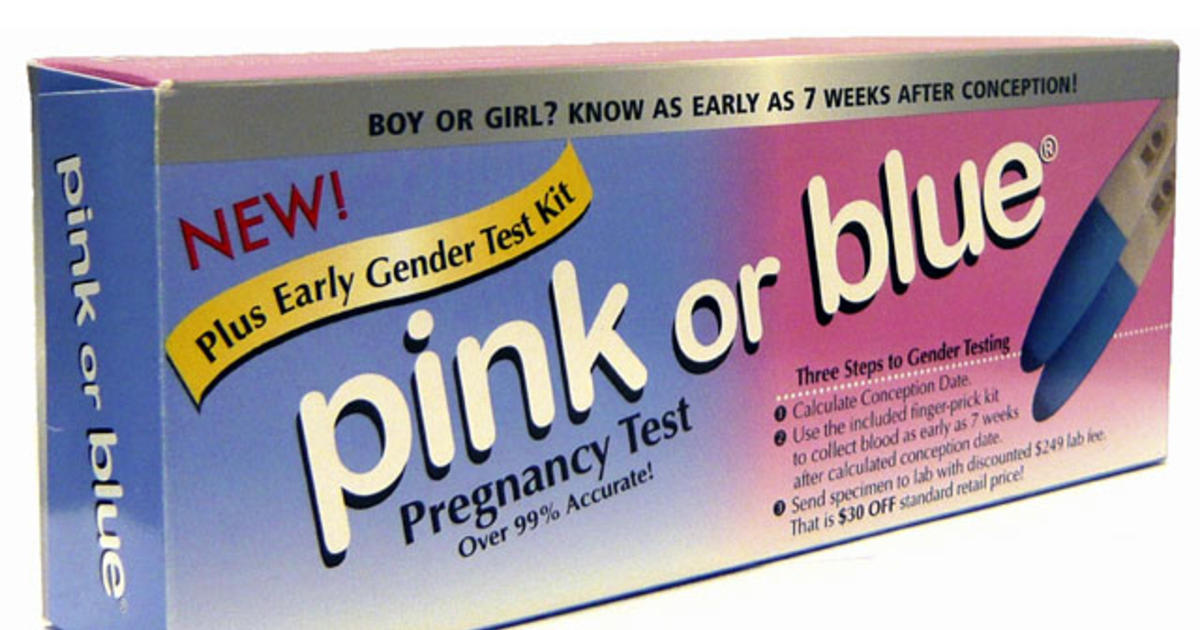 Blood tests to predict baby's gender shown to work: Will abortion ...
Blood tests to predict baby's gender shown to work: Will abortion ... 4 weeks pregnant: Symptoms, hormones, and baby development
4 weeks pregnant: Symptoms, hormones, and baby development 4 weeks pregnant: Symptoms, hormones, and baby development
4 weeks pregnant: Symptoms, hormones, and baby development DNA Blood Test Gives Women A New Option For Prenatal Screening
DNA Blood Test Gives Women A New Option For Prenatal Screening Pin on Brainfood
Pin on Brainfood MAJOY BLOG: Blood test reveals baby's sex in seventh week of pregnancy
MAJOY BLOG: Blood test reveals baby's sex in seventh week of pregnancy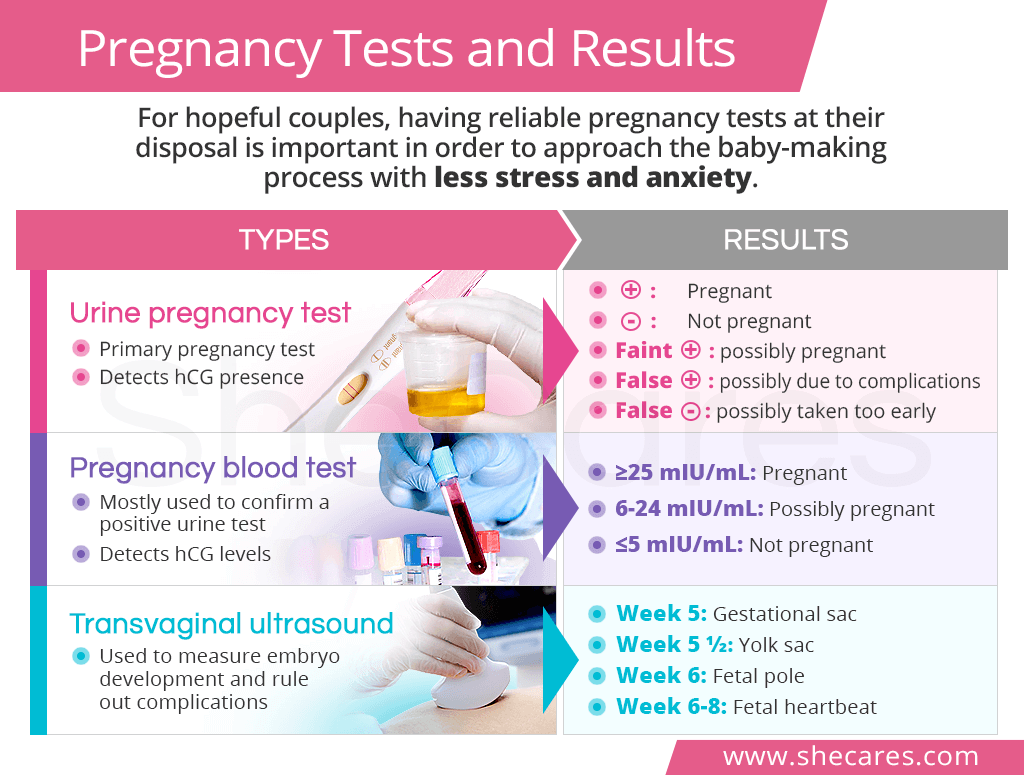 Pregnancy Tests and Results | SheCares
Pregnancy Tests and Results | SheCares Pregnancy screening - Blood tests | RIVM
Pregnancy screening - Blood tests | RIVM Down's pregnancy blood test on trial - BBC News
Down's pregnancy blood test on trial - BBC News New Blood Test In Pregnancy To Predict Autism Risk In Babies ...
New Blood Test In Pregnancy To Predict Autism Risk In Babies ...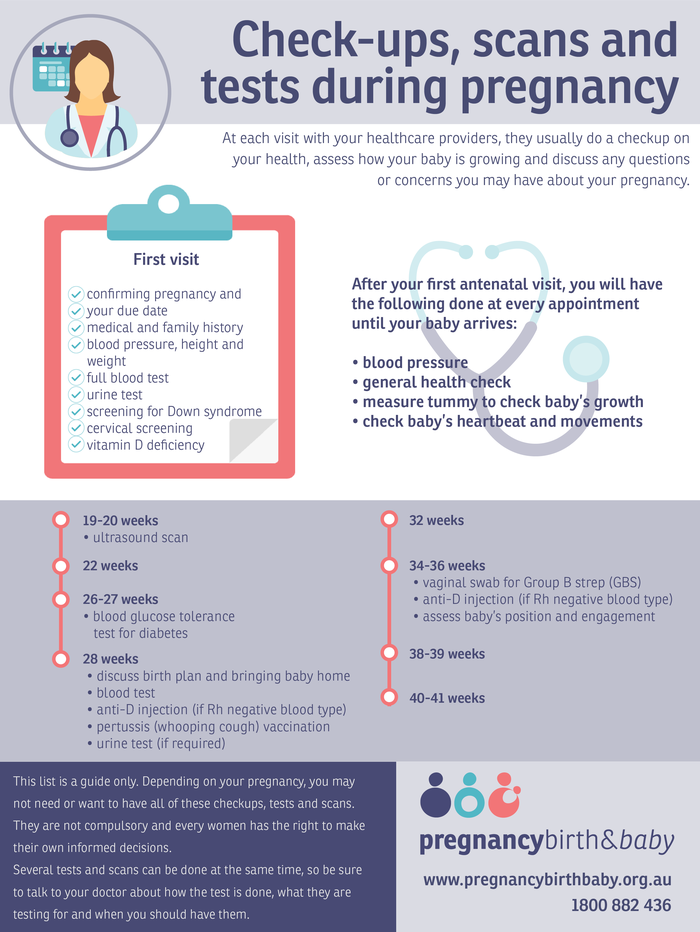 Flow for Pregnancy - DR RACHEL GREEN
Flow for Pregnancy - DR RACHEL GREEN Blood test can diagnose fetal genetic disorders early in pregnancy ...
Blood test can diagnose fetal genetic disorders early in pregnancy ...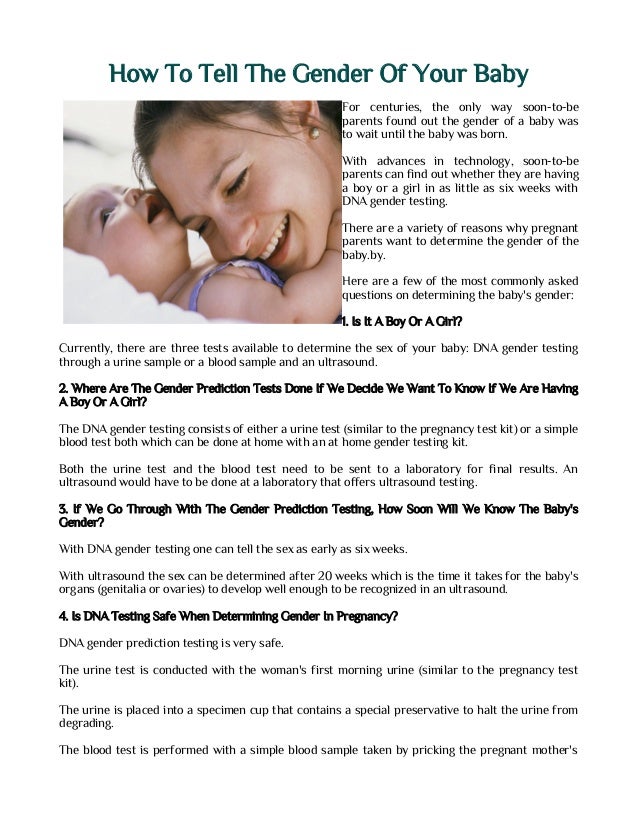 How To Tell the Gender Of Your Baby?
How To Tell the Gender Of Your Baby? Ban early pregnancy blood test to curb abortion of baby girls ...
Ban early pregnancy blood test to curb abortion of baby girls ... Pregnancy: blood tests, ultrasound & more | Raising Children Network
Pregnancy: blood tests, ultrasound & more | Raising Children Network Blood Test Predicts Baby's Sex at 7 Weeks | Live Science
Blood Test Predicts Baby's Sex at 7 Weeks | Live Science Check-ups, tests and scans available during your pregnancy ...
Check-ups, tests and scans available during your pregnancy ... NIPT (Noninvasive prenatal testing) | BabyCenter
NIPT (Noninvasive prenatal testing) | BabyCenter First BABY HCG blood test | PREGNANT after INFERTILITY! | Elle ...
First BABY HCG blood test | PREGNANT after INFERTILITY! | Elle ... Common Tests During Pregnancy | Johns Hopkins Medicine
Common Tests During Pregnancy | Johns Hopkins Medicine Pin on Pregnancy tips
Pin on Pregnancy tips Scientists Confirm: Blood Test Can Tell A Fetus's Sex at Seven ...
Scientists Confirm: Blood Test Can Tell A Fetus's Sex at Seven ... Pregnancy Blood Test: Do I Need One? | Ava
Pregnancy Blood Test: Do I Need One? | Ava Nine-week blood test during pregnancy linked to sex-selective...
Nine-week blood test during pregnancy linked to sex-selective... A new and safe blood test is transforming prenatal care, doctors ...
A new and safe blood test is transforming prenatal care, doctors ...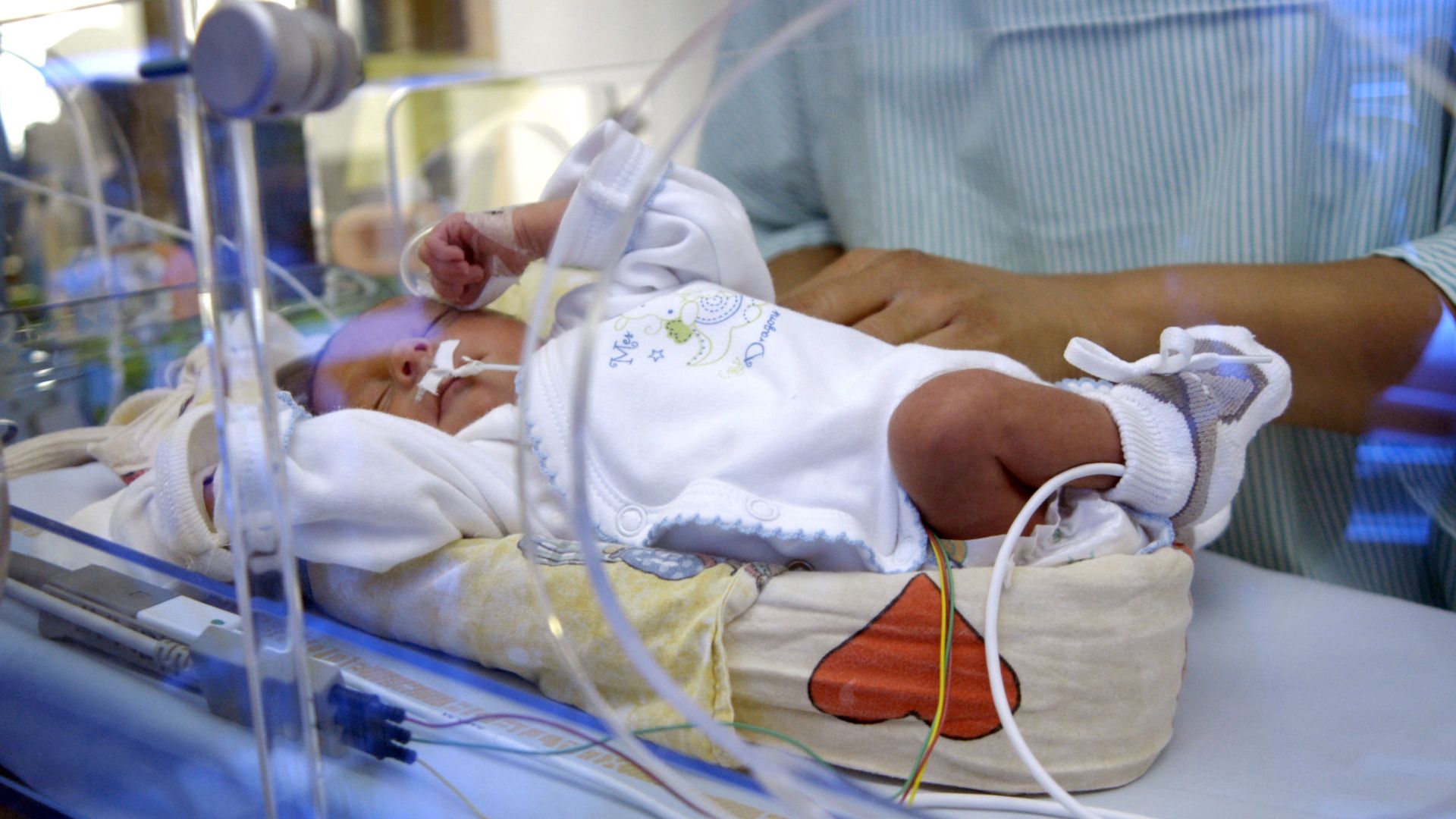 New pregnancy blood test could predict preterm labor - Axios
New pregnancy blood test could predict preterm labor - Axios Newborn screening - Wikipedia
Newborn screening - Wikipedia Breakthrough pregnancy blood test can predict delivery date and ...
Breakthrough pregnancy blood test can predict delivery date and ... Blood test for pregnant women reveals if unborn baby has Down's ...
Blood test for pregnant women reveals if unborn baby has Down's ... Blood Test For Pregnancy Gender Cost - Pregnancy Test Work
Blood Test For Pregnancy Gender Cost - Pregnancy Test Work New blood test brings hope to women with life-threatening ...
New blood test brings hope to women with life-threatening ...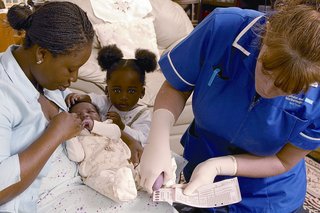 Newborn blood spot test - NHS
Newborn blood spot test - NHS I nearly aborted my baby because of an unreliable test' - BBC News
I nearly aborted my baby because of an unreliable test' - BBC News Blood test for Down's syndrome: Did not the Bundestag notice ...
Blood test for Down's syndrome: Did not the Bundestag notice ... Pregnancy and newborn screening | HealthEd
Pregnancy and newborn screening | HealthEd Third Trimester Pregnancy Tests | Parents
Third Trimester Pregnancy Tests | Parents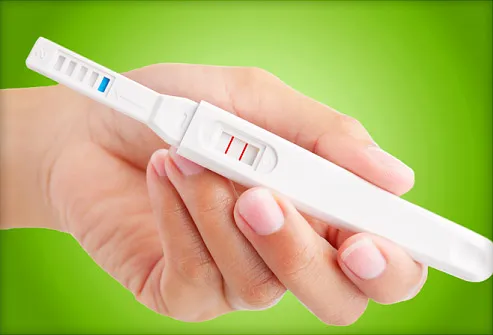 Pregnancy Tests: When to Take One, Accuracy, and Results
Pregnancy Tests: When to Take One, Accuracy, and Results Stanford blood test can predict baby's due date
Stanford blood test can predict baby's due date DNA Blood Test Gives Women A New Option For Prenatal Screening ...
DNA Blood Test Gives Women A New Option For Prenatal Screening ...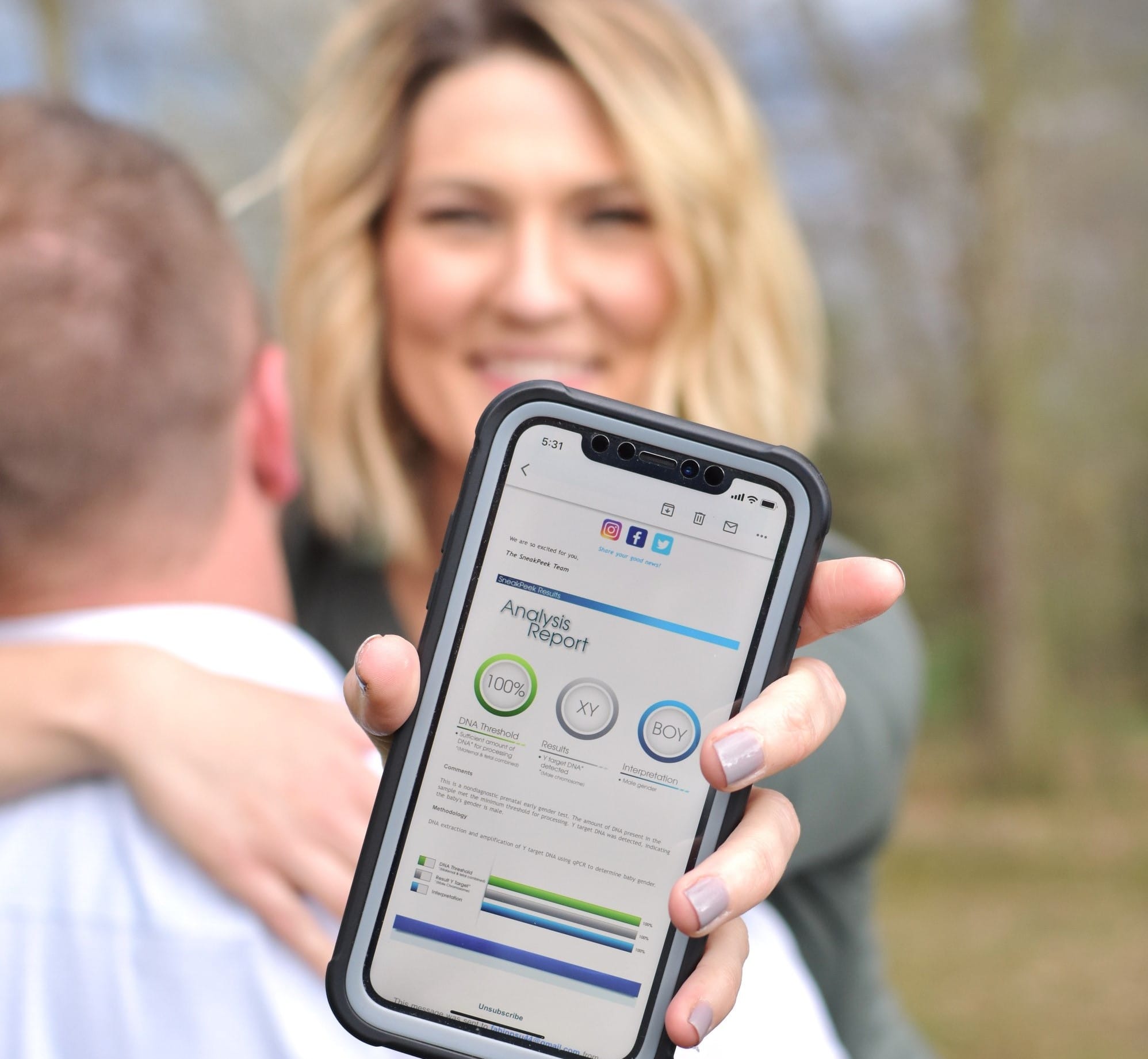 Gender Blood Test Accuracy | SneakPeek®
Gender Blood Test Accuracy | SneakPeek®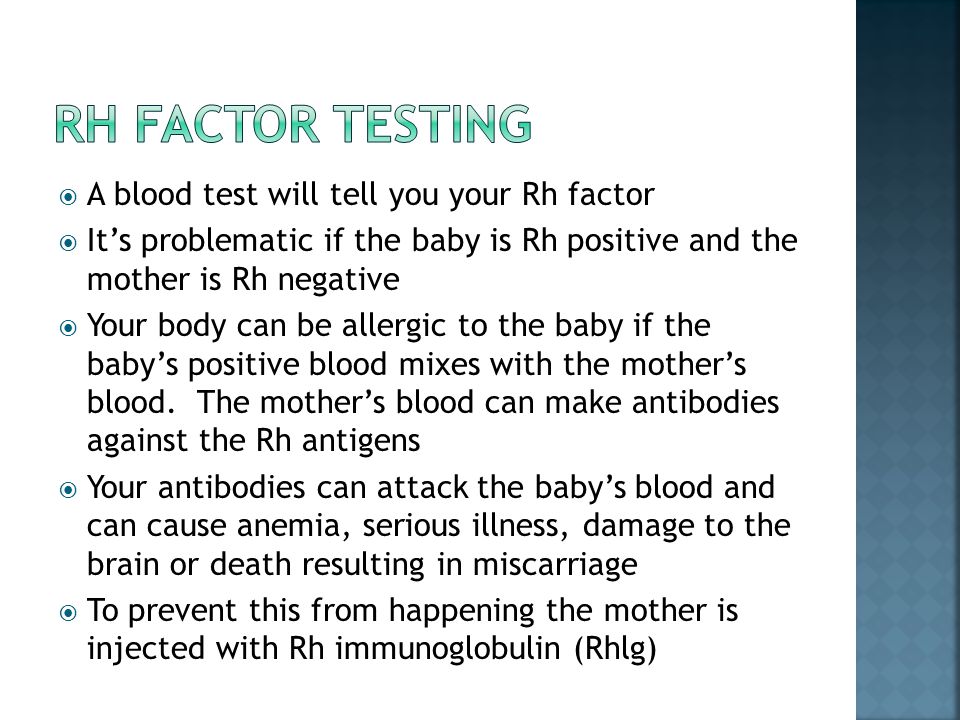 Fetal Testing During Pregnancy - ppt download
Fetal Testing During Pregnancy - ppt download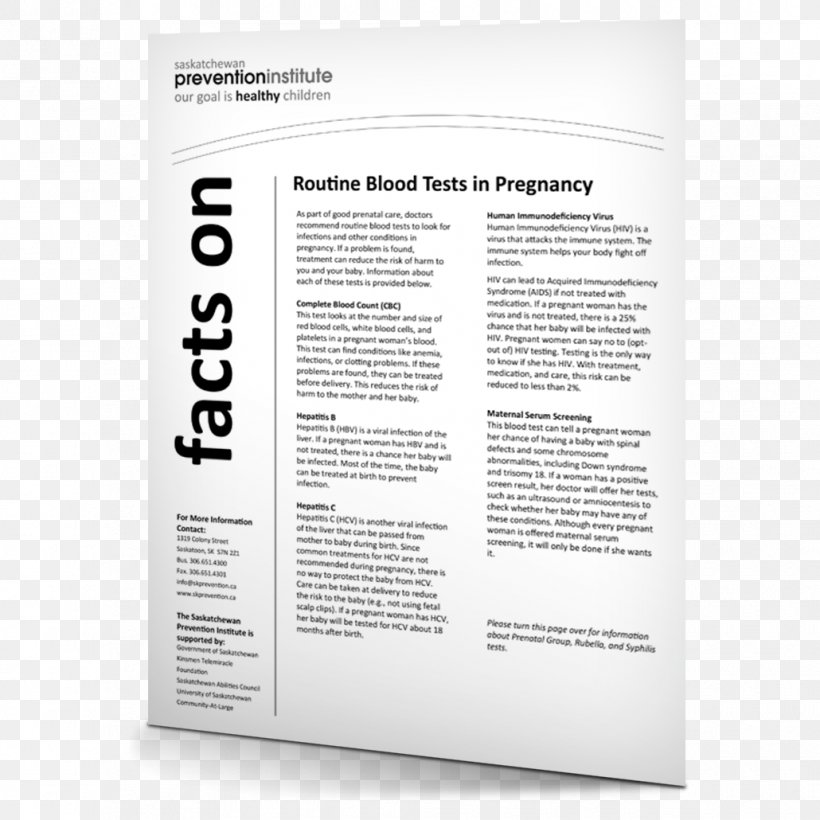 Blood Test Pregnancy Test Prenatal Care Smoking And Pregnancy, PNG ...
Blood Test Pregnancy Test Prenatal Care Smoking And Pregnancy, PNG ... Screening tests in pregnancy - NHS
Screening tests in pregnancy - NHS New Blood Test may Help Predict Postpartum Depression before Baby ...
New Blood Test may Help Predict Postpartum Depression before Baby ...
Posting Komentar
Posting Komentar